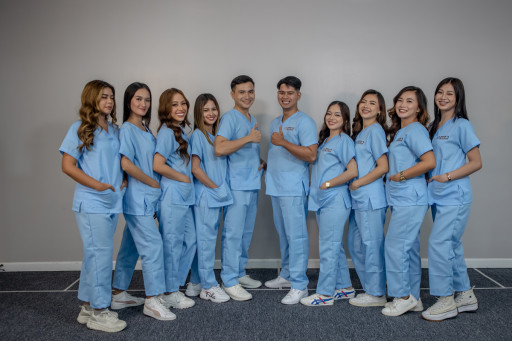- For Immediate Release:
Today, the U.S. Food and Drug Administration is providing an at-a-glance summary of news from around the agency:
- Today, the FDA advised consumers about the risk of accidental ingestion, especially by children, of edible products that contain THC. Accidental ingestion of these edible products may cause serious adverse events.
- Today, the FDA issued a final guidance titled “Reducing Microbial Food Safety Hazards in the Production of Seed for Sprouting: Guidance for Industry.” This guidance outlines FDA’s serious concerns over foodborne illness outbreaks associated with the consumption of raw and lightly-cooked sprouts and provides firms with recommended steps to prevent adulteration throughout the production chain of seed for sprouting.
- On Thursday, the FDA authorized the marketing of six new tobacco products through the Premarket Tobacco Product Application (PMTA) pathway. The FDA issued marketing granted orders (MGO) to R.J. Reynolds Vapor Company for its Vuse Vibe e-cigarette device and accompanying tobacco-flavored closed e-liquid pod, as well as for its Vuse Ciro e-cigarette device and accompanying tobacco-flavored closed e-liquid pod. The FDA also issued marketing denial orders to R.J. Reynolds Vapor Company for multiple other Vuse Vibe and Vuse Ciro e-cigarette products. Additionally, the menthol-flavored products submitted by the company are still under FDA review.
- On Thursday, the FDA approved Radicava ORS (edaravone) oral suspension for the treatment of amyotrophic lateral sclerosis (ALS). Radicava ORS is an orally administered version of Radicava, which was originally approved in 2017 as an intravenous (IV) infusion to treat ALS, commonly referred to as Lou Gehrig’s disease. Radicava ORS is self-administered and can be taken at home. After fasting overnight, Radicava ORS should be taken in the morning orally or through a feeding tube. The oral medication has the same dosing regimen as Radicava—an initial treatment cycle of daily dosing for 14 days, followed by a 14-day drug-free period and subsequent treatment cycles consisting of daily dosing for 10 out of 14-day periods, followed by 14-day drug-free periods. The most common side effects of Radicava are bruising (contusions), problems walking (gait disturbances), and headaches. Fatigue is also a possible side effect from Radicava ORS. Radicava and Radicava ORS can have serious side effects associated with allergic reactions including hives, rash, and shortness of breath. For patients with sulfite sensitivity, sodium bisulfite—an ingredient in Radicava and Radicava ORS—could cause a type of allergic reaction that can be life-threatening. The prescribing information includes additional information on risks associated with Radicava ORS.
- On Tuesday, the FDA’s Center for Drug Evaluation and Research (CDER) announced the launch of the new Accelerating Rare disease Cures (ARC) Program. The vision of CDER’s ARC Program is speeding and increasing the development of effective and safe treatment options addressing the unmet needs of patients with rare diseases. This is a CDER-wide effort with leadership represented from several offices throughout the Center. In its first year, CDER’s ARC Program will focus on strengthening internal and external partnerships with stakeholders and will engage with external experts to help identify solutions for the challenges in rare disease drug development. CDER is optimistic about the future of rare disease drug development and is looking forward to continuing this important work under the new CDER ARC Program — together with patients, caregivers, advocacy groups, academics, industry, and other partners — to address the significant unmet medical needs of patients and families living with rare diseases.
- COVID-19 testing updates:
- As of today, 432 tests and sample collection devices are authorized by the FDA under emergency use authorizations (EUAs). These include 297 molecular tests and sample collection devices, 84 antibody and other immune response tests, 50 antigen tests, and 1 diagnostic breath test. There are 77 molecular authorizations and 1 antibody authorization that can be used with home-collected samples. There is 1 EUA for a molecular prescription at-home test, 2 EUAs for antigen prescription at-home tests, 17 EUAs for antigen over-the-counter (OTC) at-home tests, and 3 for molecular OTC at-home tests.
- The FDA has authorized 28 antigen tests and 7 molecular tests for serial screening programs. The FDA has also authorized 968 revisions to EUA authorizations.
Related Information
###
Boilerplate
The FDA, an agency within the U.S. Department of Health and Human Services, protects the public health by assuring the safety, effectiveness, and security of human and veterinary drugs, vaccines and other biological products for human use, and medical devices. The agency also is responsible for the safety and security of our nation’s food supply, cosmetics, dietary supplements, products that give off electronic radiation, and for regulating tobacco products.
Originally published at https://www.einpresswire.com/article/572366123/fda-roundup-may-13-2022
Health News - originally published at Health News -


 ,
,

